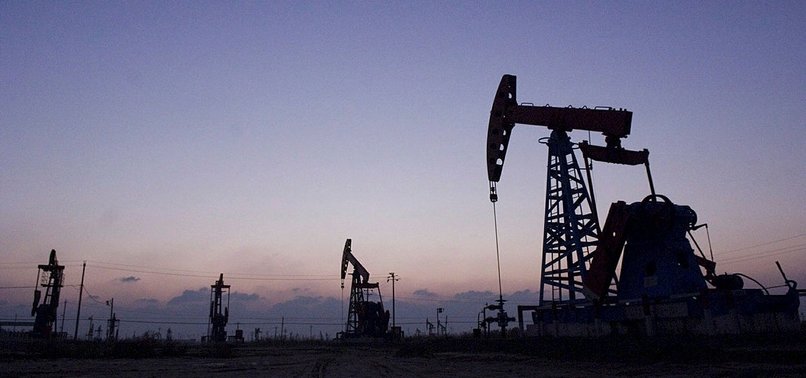
China’s imports of oil from Russia in May rose 55 percent year on year, customs data showed on Monday, with the West sanctioning fuel imports from Moscow over its invasion of Ukraine.
The world’s second-biggest economy imported around 8.42 million tonnes of oil from Russia last month, as Beijing continued to refuse to condemn Moscow’s war.

The latest number was a spike from the 5.44 million tonnes China imported in May 2021, according to figures from the Customs Administration, helping Russia to overtake Saudi Arabia as China’s main source of oil.
In May, China imported 7.82 million tonnes of oil from Saudi Arabia.
The new customs data comes four months into the war in Ukraine, with other buyers avoiding Russian energy imports.
Although demand in China remains muted, there has been some improvement in the past month as cities began to loosen virus restrictions after the country’s worst Covid outbreak since the early days of the pandemic.
This has allowed some supply chain problems to ease and industrial production to pick up, official data showed.
China’s latest purchases of Russian oil marked a record amount, according to Bloomberg News.
SUPPORT FOR RUSSIA
Beijing — which has repeatedly refused to condemn Moscow’s bloody invasion of Ukraine — has also been accused of providing diplomatic cover for Russia by blasting Western sanctions and arms sales to Kyiv.
Once bitter Cold War enemies, Beijing and Moscow have stepped up cooperation in recent years as a counterbalance to what they see as U.S. global dominance.
The pair have drawn closer in the political, trade and military spheres as part of what they call a “no limits” relationship.
Earlier this month they unveiled the first road bridge linking the two countries, connecting the far eastern Russian city of Blagoveshchensk with the northern Chinese city of Heihe.
Last week, President Xi Jinping assured President Vladimir Putin of China’s support on Russian “sovereignty and security” on a call between the two leaders.
The Kremlin said the pair had agreed to ramp up economic cooperation in the face of “unlawful” Western sanctions.
The West has adopted unprecedented sanctions against Russia in retaliation for its war in Ukraine, and Moscow is looking for new markets and suppliers to replace the major foreign firms that left Russia following the invasion.
The 27-nation European Union agreed in late May to a package of sanctions that would halt the majority of Russian oil imports.
While the United States had already banned Russian oil, European nations are much more dependent on those imports.
Energy is a major source of income for Putin’s government, and Western nations are trying to isolate Moscow and impede Moscow’s ability to continue the war.








